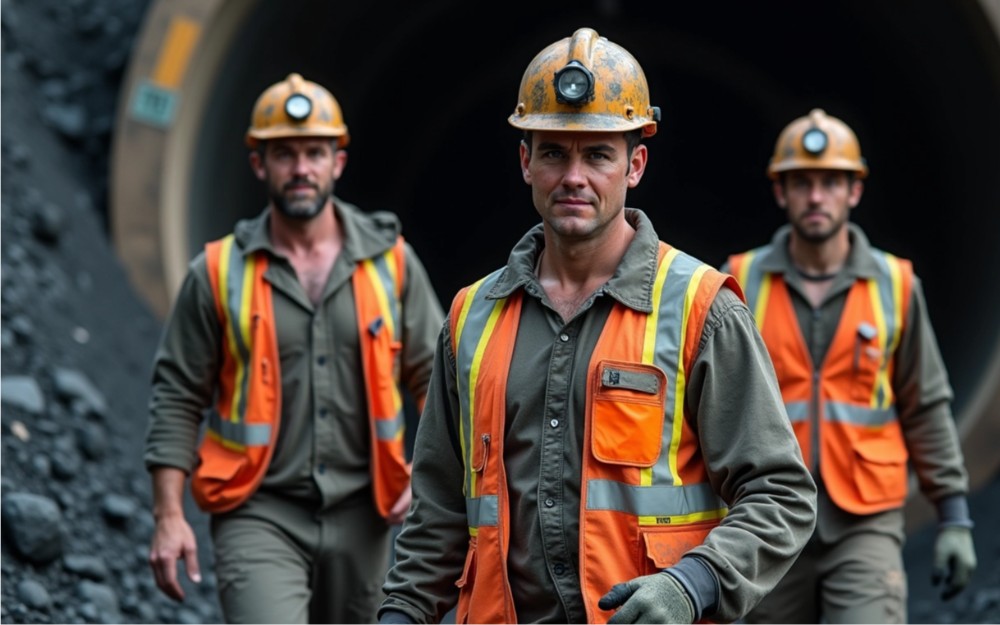Employers are Obliged to Report Serious Injuries at their Workplaces
In Australia, employers are obliged to report serious injuries, illnesses and dangerous incidents that occur in their workplaces.
When a ‘notifiable incident’ incident occurs, it is an offence not to report it to a state or territory work health and safety (WHS) regulator and penalties apply.
The reason for this stringency is to ensure workplace safety and to record details of particular incidents.
Recording the particulars of workplace incidents is important because an employer or insurer may rely on the particulars of an incident to arrive at determinations regarding any aspect of an injury.
Relevant WHS laws require that:
- a notifiable incident is reported to the regulator immediately after persons conducting a business or undertaking (PCBUs) become aware it has happened;
- that written notification is provided within 48 hours of a request by the regulator;
- and that the incident site is preserved until an inspector arrives or directs otherwise (with some exceptions).
Notifiable incidents may relate to employees, contractors or members of the public injured at the workplace.
In this post, we’ll provide some more specific detail on what constitutes a notifiable incident and why it is important that an employer complies with their legal obligations.
More on notifiable incidents
A notifiable incident includes the death of a person, a serious injury or illness, or a dangerous incident that arises out of the conduct of a business or undertaking at a workplace.
Non-exhaustive examples of a serious injury or illness include where a person requires treatment for a serious head, eye or spinal injury, an amputated limb, a serious burn or laceration, exposure to a substance or loss of a bodily function.
Infections or illnesses caused by contact with animals, human blood or micro-organisms are other examples of notifiable incidents.
The requirement for the injury or illness to be ‘serious’ is qualified by a person needing medical treatment within 48 hours of being exposed to a substance or requiring immediate treatment as an in-patient in a hospital.
There may be other dangerous incidents which occur in workplaces an employer must notify of even when no one is injured but which instead posed a potentially serious risk to employees.
Uncontrolled explosions, spillages, leakages or an escape of a pressurised substance are examples of this type of incident, as are such things as electrical shocks, structural collapses or subsidence.
Who are the regulators and how is notification made?
Each state and territory has a statutory authority that receives notifications about workplace incidents. In NSW it is SafeWork NSW.
Employers should have systems and procedures in place to ensure a regulator can be notified as quickly as possible after a serious incident, either by a manager or a dedicated WHS officer within the organisation.
Apart from providing the regulator a written record of the incident within 48 hours of it occurring, employers must also keep a copy of the record for at least five years. Penalties apply for failure to do this.
Employers should also keep a record of making the notification to the regulator as well as any responses once notification has been made.
Fines up to $200,000 are possible for failing to report a notifiable incident to a WHS regulator.
Despite the stringent requirements for employers to report and maintain records of notifiable incidents, incidents may go unreported. If you have witnessed or been subject to a notifiable incident at work you should check with your employer as to whether it has been correctly recorded.
If you have sustained injury as a result of a workplace incident you should attend upon a general practitioner as soon as reasonably practicable. It is also encouraged that workers maintain records of particulars of incidents in the event their employer does not do so.
We are specialists in workplace laws, including workers’ compensation claims, and can provide you with the right guidance on how to ensure your business meets its obligations in terms of workplace safety.
To learn more about compensation claims, contact us at Parramatta, Cabramatta, Perth, and Adelaide Compensation lawyers team today.








